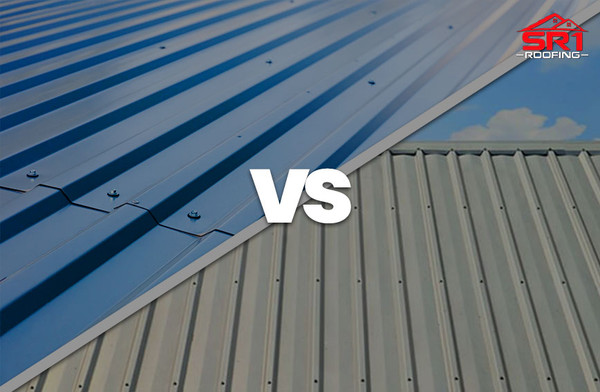Steel vs. Aluminum: Which is Better for Your Balcony?
Oct 18th 2024
Steel vs. Aluminum: Which is Better for Your Balcony?
When it comes to choosing materials for a balcony, two of the most common options are steel and aluminum. Both have their advantages and disadvantages, and the best choice often depends on your specific needs and preferences. In this blog post, we’ll explore the key differences between steel and aluminum to help you make an informed decision.
Strength and Durability
Steel
Steel is known for its exceptional strength. It can support heavier loads and withstand harsh weather conditions, making it ideal for balconies that may need to support multiple occupants or heavy furniture. However, it is prone to rust if not properly coated or maintained.
Aluminum
Aluminum, while not as strong as steel, is still quite durable. It’s lightweight and resistant to corrosion, which makes it a great option for coastal areas where salt and moisture can wreak havoc on other materials. Aluminum can also be anodized or powder-coated for added protection.
Weight Considerations
Steel
Due to its density, steel is significantly heavier than aluminum. This can be a factor in the structural design of your balcony. While steel's weight can contribute to stability, it may require more robust support structures, which can add to the overall construction costs.
Aluminum
The lightweight nature of aluminum allows for easier installation and can reduce the amount of support needed. This can be particularly advantageous for second-story balconies or structures where weight is a concern.
Maintenance
Steel
Steel requires regular maintenance to prevent rust and deterioration. This can include repainting and sealing to keep it looking its best. If you’re willing to invest time and effort, steel can be a long-lasting option.
Aluminum:
Aluminum is low-maintenance and does not require as much upkeep as steel. A simple wash with soap and water is usually sufficient to keep it clean, and it won’t rust, which is a significant advantage.
Aesthetic Appeal
Steel:
Steel has a classic and robust look that many homeowners find appealing. It can be customized with various finishes, allowing for a more industrial or modern aesthetic.
Aluminum:
Aluminum offers a sleek, contemporary look that can also be customized in various colors and styles. Its versatility makes it suitable for a range of architectural designs.
Cost
Steel
Generally, steel is more expensive than aluminum upfront due to its strength and durability. However, if properly maintained, it can last for decades, potentially making it more cost-effective in the long run.
Aluminum
Aluminum is often less expensive than steel and can be a budget-friendly option for homeowners looking to create a stylish balcony without breaking the bank.
Conclusion
When deciding between steel and aluminum for your balcony, consider the specific needs of your space. If you prioritize strength and a traditional aesthetic, steel may be the better choice. On the other hand, if you’re looking for a lightweight, low-maintenance option with modern appeal, aluminum might be the way to go.
Ultimately, both materials have their merits, and the right choice will depend on your personal preferences, budget, and the intended use of your balcony. Whichever you choose, ensure it complements your home’s design and meets your functional needs for years to come.
